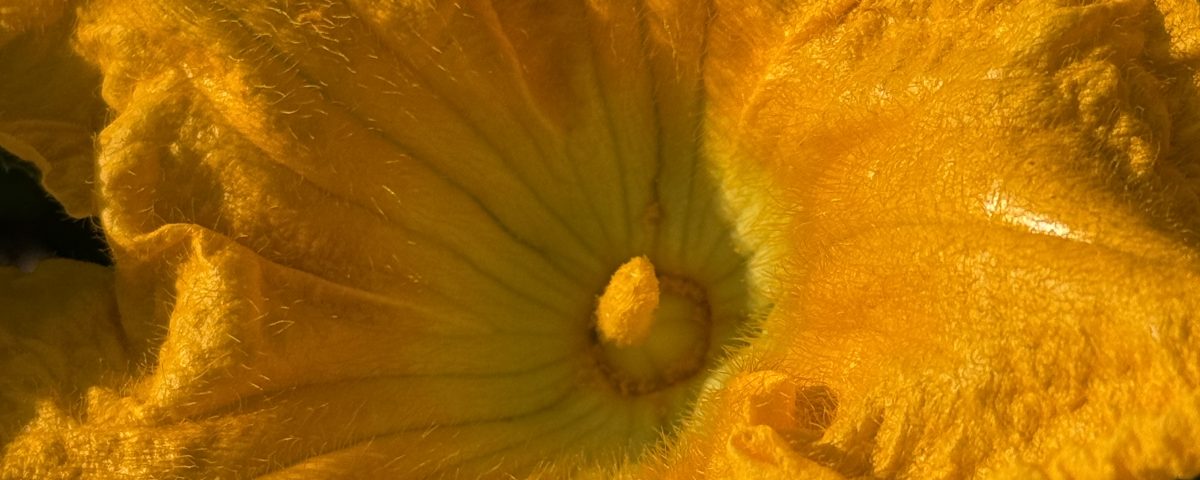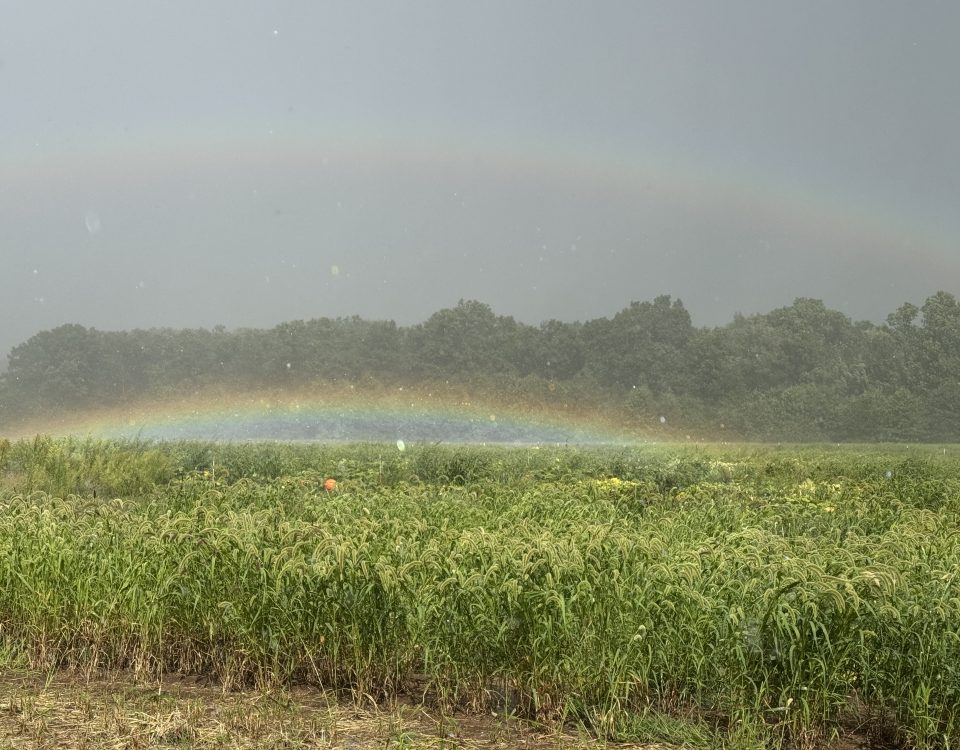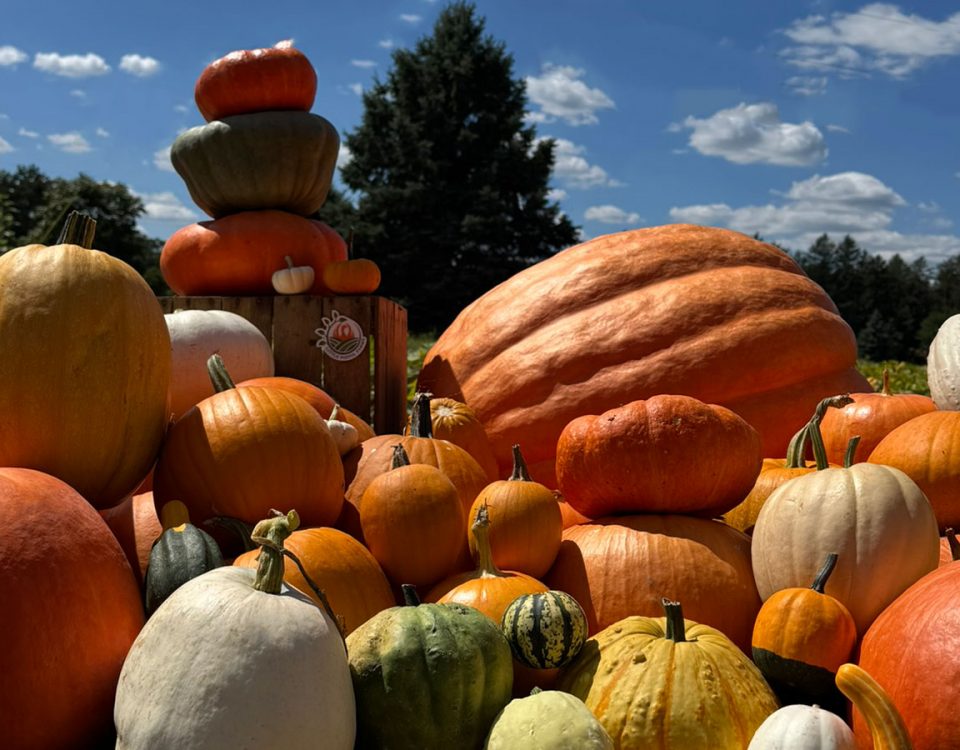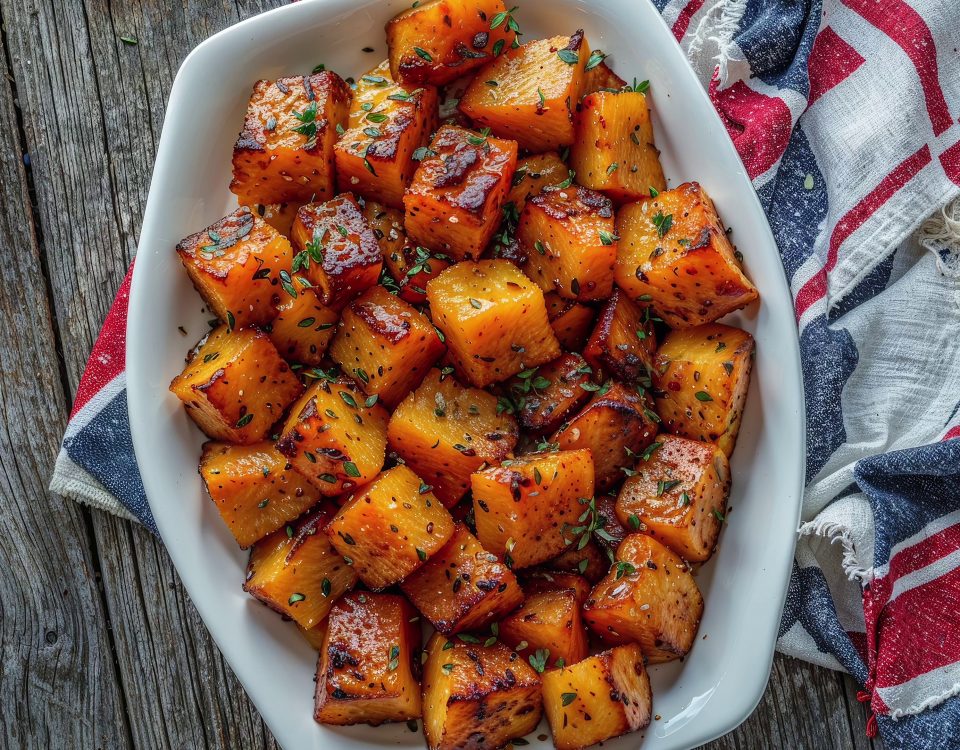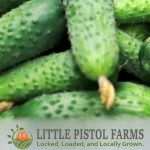
Pickling Cucumbers
July 19, 2025
Lemon Blueberry Squash Muffins
August 1, 2025Our Story: How Little Pistol Farms Took Root in Kalamazoo
From a Promise to a Purpose
Our farm started because we had no choice—and maybe, because we were meant to. About six years ago, we casually mentioned to our next-door neighbor that if they ever wanted to sell their house, to please give us a call first. Not only did we like their home, but it also came with a unique piece of land: nearly 30 acres forming a “T” between our property and theirs. We knew the land well. It had been quiet for years, planted in corn, the kind of crop that listens more than it speaks—except for the occasional rumble of farm machinery.
Eventually, our neighbor did reach out. Life circumstances shifted, and we were offered the chance to buy the “T” of land. Like us, they understood how quickly developers would scoop it up—replacing peace and crops with asphalt and noise. This very land once grew watermelons by the truckload, before becoming a corn-and-soy rotation that fed local farm animals.
For the Joy of Farming (and John Deere Green)
The first fall after we moved in, our young son pressed his nose to the windows, watching tractors working the fields. He’d race around the yard just to get a better view. He didn’t just fall in love with farming—he fell in love with the machines too. To this day, he can name any piece of farm equipment and identify its model. He’s even been cited for talking too much about tractors. LOL.
His favorite color? Not green but —John Deere Green. That love didn’t come out of nowhere. It’s in his roots.
Rooted in Michigan for Generations
Farmer Katie has had her hands in the soil since childhood—growing up helping with her parents’ garden and exploring her grandparents’ farms in Fenton, Michigan. You might remember the Paul Revere barn; that was her grandparents’ farm. She spent hours picking berries as a child and munching them off the vine and collecting eggs at her other grandparents’ farm, Some of her fondest child hood memories included dragging the biggest pumpkin she could find up onto hay wagons during field trips. Her happy place has always been with her hands (and toes) in the dirt.
Famer Ken, too, comes from a long line of nature lovers and stewards. His family’s aquaculture farm, lovingly nicknamed Frog Hollow, is teeming with wildlife and learning experiences. Our kids chase frogs there, snack on wild berries, morels and love the smell of the grapes in the hot summer.
A Hard Decision in a Crucial Season
Our plan had always been simple: keep the land farmed. But in mid May of 2025, we realized we did not have a farmer to help or the correct equipment, and it was too late for seed orders and planning for traditional crops.
So, we did what farmers do: we worked with what we had.
Katie and Ken hit the books—researching crops that loved our easy draining, sandy soil, worked with the equipment we owned, and filled a local need. After the beloved pumpkin farm, up the road closed following the passing of its founder, we felt it in the community. People wanted a place to go for pumpkins. And we had the land to make it happen.
E-I-E-I-O: We Have a Farm
Armed with a small (but mighty) Boomer 40 New Holland tractor and a 6-foot Land Pride rototiller, Ken spent three full days tilling 21 acres. Katie and the kids played door dash and brought him meals to the cab, and he kept on tilling.
Soon after the whole family stepped in, hand planting 16,000+ pumpkin seeds in 24 different varieties. (I mean come on, what’s life without a little variety and fun! )
Of course, we didn’t stop there. We added tomatoes, zucchini, summer squash, sunflowers, beans, peas, pickling cucumbers, watermelon, cantaloupe, honeydew, and several kinds of winter squash and gourds. Katie’s promise to never manage more than six tomato plants again? Broken in spectacular fashion.
Where Doubt Meets Faith
There was no doubt we wanted to farm. No doubt we had the grit. But there were plenty of doubts about whether we could really do this.
Late May Katie found herself barefoot, ankle-deep in freshly tilled soil, planting seed after seed. She paused to pray: Were we doing the right thing? For our land? For our family? In that moment, a thick wave of rose scent filled the air. No blooms were around—and it was too early in the season—but the message was clear. Philippians 4:13 echoed in her heart: “I can do all things through Christ who strengthens me.”
Honoring the Legacy
We were honored to purchase pumpkin farming supplies from the estate sale of Gene the Pumpkin Man—a Christian brother who left behind not just tools, but a legacy of joy and community. We pray that we can offer families the same kind of lasting memories on our farm.
Saving Farming in Oshtemo
Unfortunately, the joy of farming in Oshtemo Township is under threat. Farmstands require township approval and agritourism comes at a hefty fee and long grueling process only to be continually burdened with a round robin of rules made up by the township staff. When Katie met with the planning director in June of 2025, she learned of the 2025 Master Plan—featuring the elimination of agricultural districts in Oshtemo. The justification? To prevent hypothetical foreign-owned meat processing plants—a problem that could easily be solved with a single, specific ordinance.
As lifelong Michigan residents, we know farming is the heartbeat of this area. Our fields feed families. Our soil is sacred. And though our township board claims to value open space, they continue to clear woodlands for sprawling high-density housing and shopping centers—while making it harder for family farms to thrive going as far as denying them Agriculture Zoning and hyper inflating land valuation by improperly assessing properties . We’ve met with many other farmers and awesome farm markets in the area, sadly we’ve all faced the unnecessary and never ending rath of Oshtemo Township’s staff.
Our Commitment
Michigan is already losing 5% of its farms every year. Most farmers are over 65. Did we mention our specialty farm is also woman owned… really unheard of today.
If we don’t stand up now, who will grow the food we eat? Whether it’s pumpkins, corn, or sunflowers—food comes from farms, not parking lots.
We’ll continue to pray. We’ll keep farming. We will keep fighting for our farm and our neighbors’ farms. And with God’s help, Little Pistol Farms will grow deeper roots in Kalamazoo soil—for our family, for our neighbors, and for generations to come.

